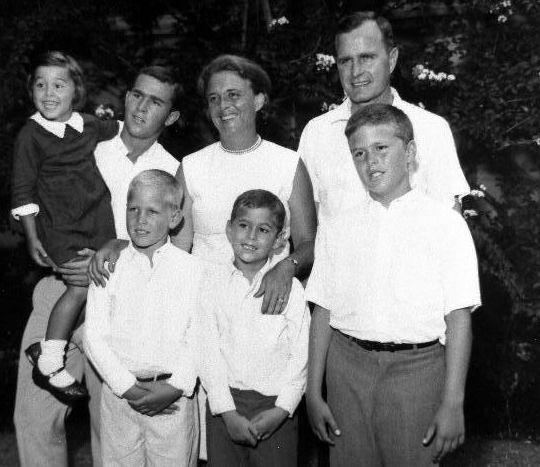In the words of fictionalized pop sensation Hannah Montana, “everybody makes mistakes,” even the leaders of the U.S. government. Yet the jury is still out on whether those past mistakes should carry weight when considering a candidate for higher office.
In a profile by The Boston Globe published Sunday, former Florida Gov. Jeb Bush admitted to having a somewhat checkered past, particularly during his education at Phillips Academy, a boarding school in Andover. The likely presidential candidate engaged in some very un-presidential behavior in high school, smoking copious amounts of marijuana, engaging in bullying (an allegation he half-heartedly denies) and ultimately almost failing out of school altogether.
According to classmates, the high school-aged Bush was more than just cynical, but intimidating and entitled. The men of the powerful Bush family had traditionally attended Andover, and Bush is described as being well aware of his family’s influence and the privileges it entitled him.
“It was a hostile environment in this sense of everybody being typecast,” former classmate and alleged bullying victim Gregg Hamilton told the Globe. “Bush would have been a squad leader, someone setting the agenda, dictating who would eat at the share table and who would eat the scraps, master of the domain. He was physically imposing and just bad enough to be accepted or feared by everybody.”
Bush eventually straightened out after meeting his wife, Columba Gallo, during a trimester in Mexico. His heady high-school days of rebellion and bullying far behind him, Bush would go on to lead an impressive political career as a leading figure in the Republican party with which his family has long been associated.
While the modern media climate guarantees that the ghosts of any political leaders’ past, no matter how well-hidden, will eventually be illuminated, politicians have been far more upfront about admitting to their past mistakes. U.S. President Barack Obama barely sweated when he admitted to experimenting with cocaine and smoking marijuana during his youth, and the confession did not hinder his ability to become president of the United States. After all, it’s not as though Americans must seriously worry that Obama is snorting coke off the desk of the Oval Office.
The question of whether or not a candidate should be judged by their pre-political lives also begs the question of scrutinizing a candidate’s non-political or personal life. Former U.S. President Bill Clinton’s highly publicized affair with Monica Lewinsky likely had little affect on his ability to be president, but Americans cared immensely.
And on a more extreme level, former U.S. Rep. Anthony Weiner was left with no choice but to resign after proof of his “sexting” was leaked via Twitter. While one could contest that Weiner may have been able to balance his sexcapades with his political responsibilities, his state’s perception of him was too sullied for him to remain a serious leader in their eyes.
Although it can be argued that the mistakes people make in their youth say little about the people they grow up to be, Bush was somewhat cavalier when admitting to them. Despite being remembered by many classmates as a bully, Bush said he had no memories of engaging in aggressive behavior and was surprised that people perceived him that way. Growing from mistakes requires admitting to them and apologizing for them, but it appears that Bush would rather just forget they happened altogether. Maybe they aren’t important to him now, but there’s no denying that bullying leaves lifelong scars on the victims.
But even if we can agree that Bush should not be defined by his past digressions, perhaps they should have more of an influence on his policies regarding people struggling with similar issues. Though he has a history of marijuana usage, he is adamantly opposed to the legalization of medical marijuana and supports jail time for drug users instead of treatment. Bush may have had the strong family background and level of privilege to mature from his past without serious consequences, but most Americans are not as lucky.
Maybe it’s unfair to judge Bush for his tumultuous teen behavior, especially after 40 years of respectability, but Bush should not be so quick to forget his own mistakes when ruling on the treatment of others like him. The past can never be erased completely, but the key to recovering from past mistakes lies in preventing others from making them in the future.






















































































































